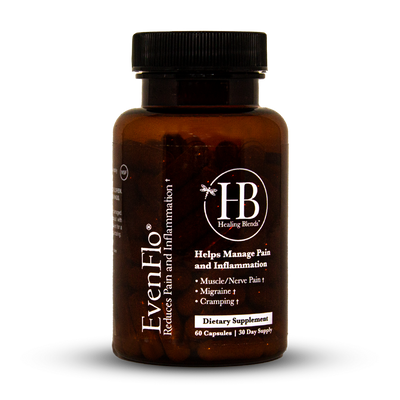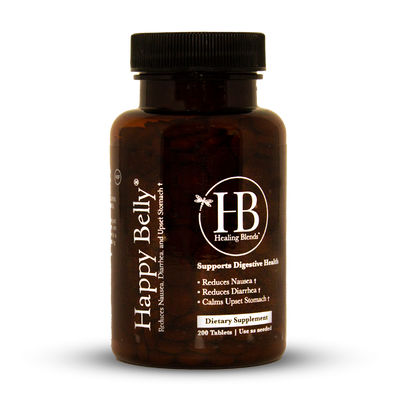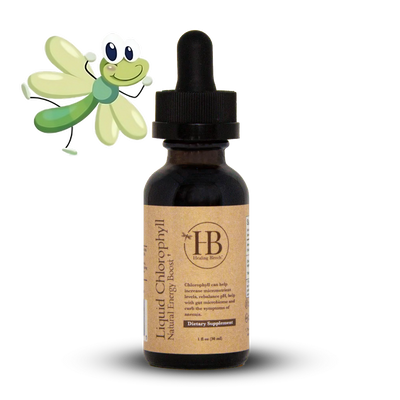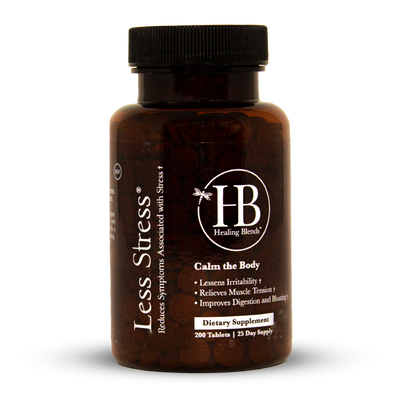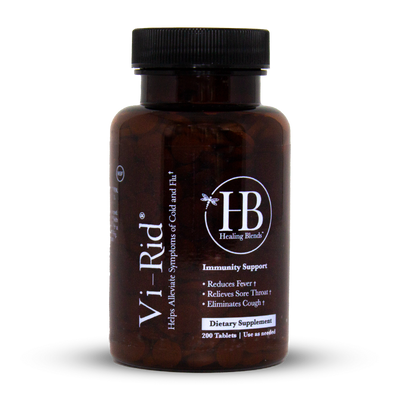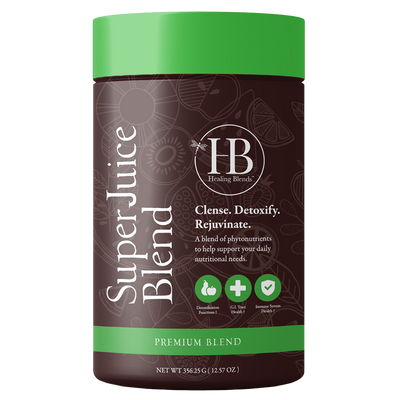Health Risks of High Fructose Corn Syrup
What is High Fructose Corn Syrup?
High fructose corn syrup comes from processed corn starch. Enzymes are added to create the syrup and make it sweeter. If you see labels like HFCS 90, it means it contains 90% fructose. HFCS 55 is similar in composition with table sugar and this is the most common concentration used.
In terms of manufacturing advantages, HFCS is cheaper, easier to handle, and therefore, more cost-effective. Manufacturers use it to improve the taste of their products. According to Healthline, the ingredient started to become in common use in the late 1970s when the price of regular sugar was high.
Ideally, the American Heart Association recommends a maximum of 100 calories a day from sugar for women and 150 calories for men. However, many individuals fail to follow these recommendations. A Yale University Rudd Center for Food Policy and Obesity study showed that 48% of Americans consume at least one soda per day, in addition to the variety of foods that have far more high fructose corn syrup than what they expect. In America alone, the Beverage Marketing Corporation reports that people drink 45 gallons of soda per year, which corresponds to taking 35.7 pounds of high fructose corn syrup.
Health Effects of High Fructose Corn Syrup
Colon Cancer
Many recent studies provide a direct link between cancer cells and HFCS. In a study commissioned by the National Institute of Health, researchers from Baylor College of Medicine and Weill Cornell Medicine used a mouse model to prove their hypothesis that corn syrup promotes tumor development. The team was led by Dr. Jihye Yun and the study was published in 2019 in the journal, Science. Based on the experimental results, the consumption of what seems to be a regular drink, like soda or fruit juices, can have an impact on cancer growth.
Dr. Yun and his team used a mouse model with early-stage colon cancer and with the APC gene deleted. This gene is responsible for controlling the growth of cancer cells in the colon. Without it, the cells continuously grow to form polyps.
In the controlled laboratory experiment entitled “High-fructose corn syrup enhances intestinal tumor growth in mice'', the researchers exposed the animal to high fructose corn syrup at a modest level almost similar to human consumption. The controlled consumption did not lead to obesity but after two months of the experiment, they noted the animals developed bigger and higher-grade tumors than the model mice exposed only to water. The findings suggest that when animals are in the early stages of tumors in the intestines, even modest amounts of high fructose corn syrup can increase the growth of tumor cells. It also shortens the time needed for the cancerous cells to form a tumor and progress to higher grade types.
The experiment on mouse models showed that high fructose corn syrup increased the level of fructose in the intestines. Fructose enhances glucose’s role in fatty acid synthesis. As more fatty acids are produced, cancer cells have more raw materials to proliferate and cause an inflammatory response. Even in moderate amounts, the high fructose corn syrup serves as a fuel to increase the cell division of cancer cells. The molecular experiment conducted by Dr. Yun is a direct link on how the tumor reacts with sugary drinks.
Translating the mouse model to humans, the study opens the possibilities that consumption of high sugar products can aggravate the early stages of tumors in the intestines and accelerate the growth of tumors. Although similar effects have not been explored in humans, consumers are warned to be cautious that most early phases of cancer are asymptomatic and occur without notice. Although it may take 20-30 years before a usual tumor becomes aggressive, the intake of sugary drinks can shorten this time.
Obesity
Apart from the increasing observation studies linking sugar with cancer, there are also researches about its effect on weight gain and obesity. One study that was published in Pharmacology Biochemistry and Behavior Journal showed that 6-7 months of consumption of high fructose corn syrup led to weight gain among mice with more fat cells in the abdominal region and higher triglyceride levels. The results prove that increased consumption of food products containing too much sugar can lead to what is called “empty calories” – foods that are too high in calories but empty in terms of nutrients. As noted in another study published in the American Journal of Clinical Nutrition, high fructose corn syrup in beverages plays a role in the epidemic of obesity.
Foods with High Fructose Corn Syrup
Some people think that high fructose corn syrup can be easy to detect. Anything that is artificially sweetened like soda, processed fruit juices, and candies contain the harmful sugar. But while the name corresponds to sweetness, not all products that contain HFCS are sweet. Ready-made salad dressings, frozen junk foods, some breads, canned fruits, boxed foods like macaroni and cheese and granola bars all contain HFCS.
Manufacturers add the sugar in order for these products to taste better. You should also be careful when buying breakfast cereal, baked goods, sauces and condiments, processed foods, coffee creamer, and energy and sports drinks. As you can see, high fructose corn syrup is an unhealthy ingredient added in almost sorts of foods and beverages. Some products are even marketed to be “healthy” but the sad truth, you are putting yourself in bigger danger.
Because it can be difficult to know whether high fructose corn syrup has been added to a food product, it is advisable that you always read the label. Manufacturers are mandated by law to list their ingredients for consumer information. The rule of thumb is to list the main ingredient as first followed by the others. But in order to avoid the unhealthy reputation of high fructose corn syrup, many manufacturers have gotten wiser and used other names as a marketing strategy. Do not be trapped by this by checking on all the ingredients’ names. HFCS may also come under the name, natural corn syrup, maize, glucose/fructose syrup, isolated fructose, and tapioca syrup. They all have the same unhealthy sugar so proceed with caution when you see the ingredient.
Bottomline
High fructose corn syrup is a type of sugar commonly found in different products. It makes food sweet and improves their taste. While it is a common ingredient in many processed foods, high fructose corn syrup has been found to be associated with obesity and cancer. So before the sugar does more harm to your body, it’s time to cut back on it. Read labels and avoid products containing high fructose corn syrup. Live healthily and reduce your risk of disease by controlling your sugar intake.
References:
- "High-fructose corn syrup boosts intestinal tumor growth in mice" via Science Daily
- "High-fructose corn syrup enhances intestinal tumor growth in mice." via Science Journal
- "Excess free fructose, high-fructose corn syrup and adult asthma: the Framingham Offspring Cohort" via The British Journal of Nutrition
- "Intake of high-fructose corn syrup sweetened soft drinks, fruit drinks and apple juice is associated with prevalent arthritis in US adults, aged 20-30 years." via Nutrition & Diabetes
- "Fibroblast growth factor 21 is required for the therapeutic effects of Lactobacillus rhamnosus GG against fructose-induced fatty liver in mice" via Molecular Metabolism













